Half of UK adults don’t trust computer algorithms
BCS found that as few as 7% of respondents trusted algorithms to be used by the education sector


More than half (53%) of UK adults don’t trust computer algorithms to make decisions on issues ranging from welfare to education, according to a survey conducted by BCS, The Chartered Institute for IT.
The research was conducted in the aftermath of the A-levels results scandal, which saw 36% of young people having their grades marked down by an algorithm. Although it was ultimately scrapped in favour of teachers’ predictions, the issue might have resulted in a heightened distrust in automated decision-making, which is becoming increasingly prevalent.
BCS found that as little as 7% of respondents trusted algorithms to be used by the education sector, on par with social services and the armed forces.
The trust in algorithms also differed between age groups. While only one in twenty (5%) over-55s expressed confidence in the use of algorithms, the percentage was over three times higher in the 18-24 age group at 16%.
Older people were generally less trusting about the use of algorithms in public life, with 63% of over-55s feeling negative about the idea, compared with 42% of 18-24-year-olds.
The disparity was also reflected in attitudes towards computerised decisions made by the NHS, private healthcare, and local councils. Almost one in three (30%) 18-24-year-olds said they trusted the use of algorithms in these sectors, while for those over 55, it was 14%.
Overall, automated decision-making was most likely to generate trust when used by the NHS, at 17%, followed by financial services, at 16%, and intelligence agencies, at 12%. These services use algorithms to determine issues such as medical diagnosis, credit scoring, and national security. Police forces and tech giants were among the least trusted when it came to using algorithms to make personal decisions about the respondents, both at 11%.
Get the ITPro daily newsletter
Sign up today and you will receive a free copy of our Future Focus 2025 report - the leading guidance on AI, cybersecurity and other IT challenges as per 700+ senior executives
BCS director of policy Dr Bill Mitchell said that, despite the deep distrust in algorithms, "there is little understanding of how deeply they are embedded in our everyday life".
"People get that Netflix and the like use algorithms to offer up film choices, but they might not realise that more and more algorithms decide whether we’ll be offered a job interview, or by our employers to decide whether we’re working hard enough, or even whether we might be a suspicious person needing to be monitored by security services," he said.
According to Dr Mitchell, the government and businesses face problems with "balancing people’s expectations of instant decisions, on something like credit for a sofa, with fairness and accounting for the individual, when it comes to life-changing moments like receiving exam grades".
"That’s why we need a professionalised data science industry, independent impact assessments wherever algorithms are used in making high-stakes judgements about people’s lives, and a better understanding of AI and algorithms by the policymakers who give them sign-off," he added.
Following the release of the algorithm-based A-levels results, the UK government and Ofcom were faced with at least three legal challenges, which included a potential GDPR violation.
Having only graduated from City University in 2019, Sabina has already demonstrated her abilities as a keen writer and effective journalist. Currently a content writer for Drapers, Sabina spent a number of years writing for ITPro, specialising in networking and telecommunications, as well as charting the efforts of technology companies to improve their inclusion and diversity strategies, a topic close to her heart.
Sabina has also held a number of editorial roles at Harper's Bazaar, Cube Collective, and HighClouds.
-
 Should AI PCs be part of your next hardware refresh?
Should AI PCs be part of your next hardware refresh?AI PCs are fast becoming a business staple and a surefire way to future-proof your business
By Bobby Hellard
-
 Westcon-Comstor and Vectra AI launch brace of new channel initiatives
Westcon-Comstor and Vectra AI launch brace of new channel initiativesNews Westcon-Comstor and Vectra AI have announced the launch of two new channel growth initiatives focused on the managed security service provider (MSSP) space and AWS Marketplace.
By Daniel Todd
-
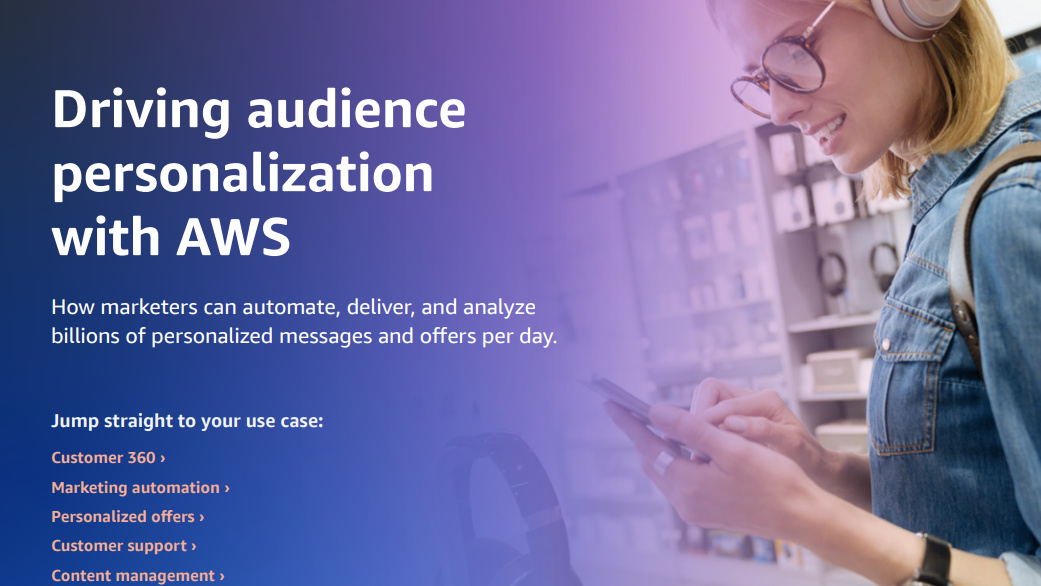 Automate personalization with AWS
Automate personalization with AWSWhitepaper How marketers can automate, deliver, and analyze billions of personalized messages and offers per day
By ITPro
-
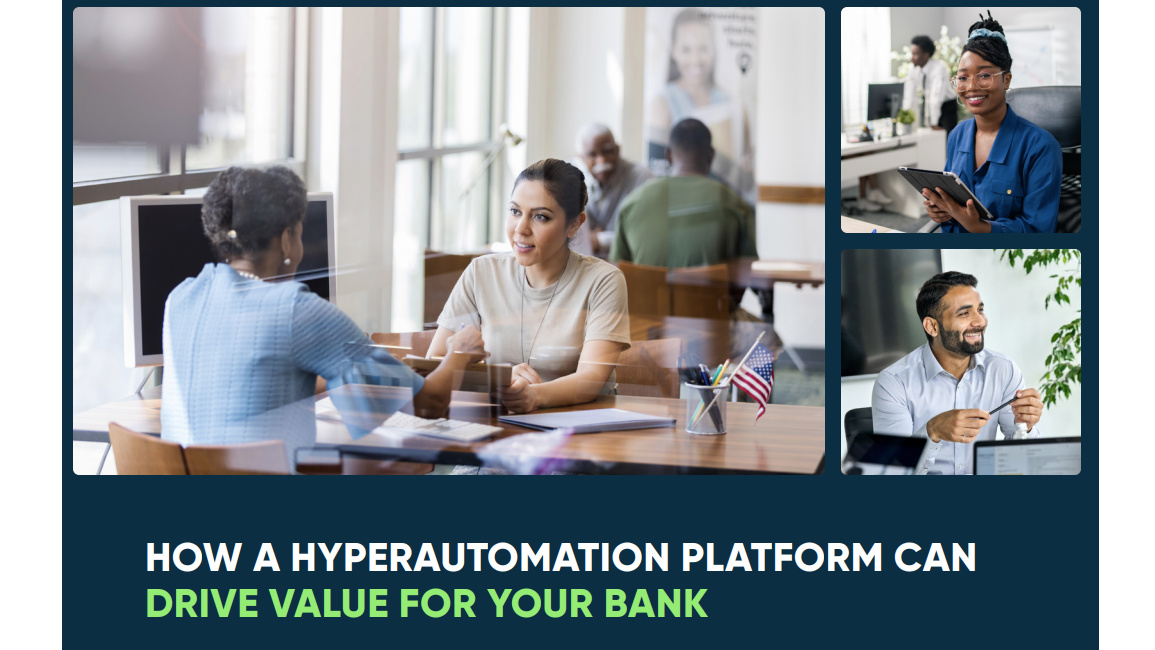 How a hyper-automation platform can drive value for your bank
How a hyper-automation platform can drive value for your bankWhitepaper Five ways automated processes can drive revenue and growth
By ITPro
-
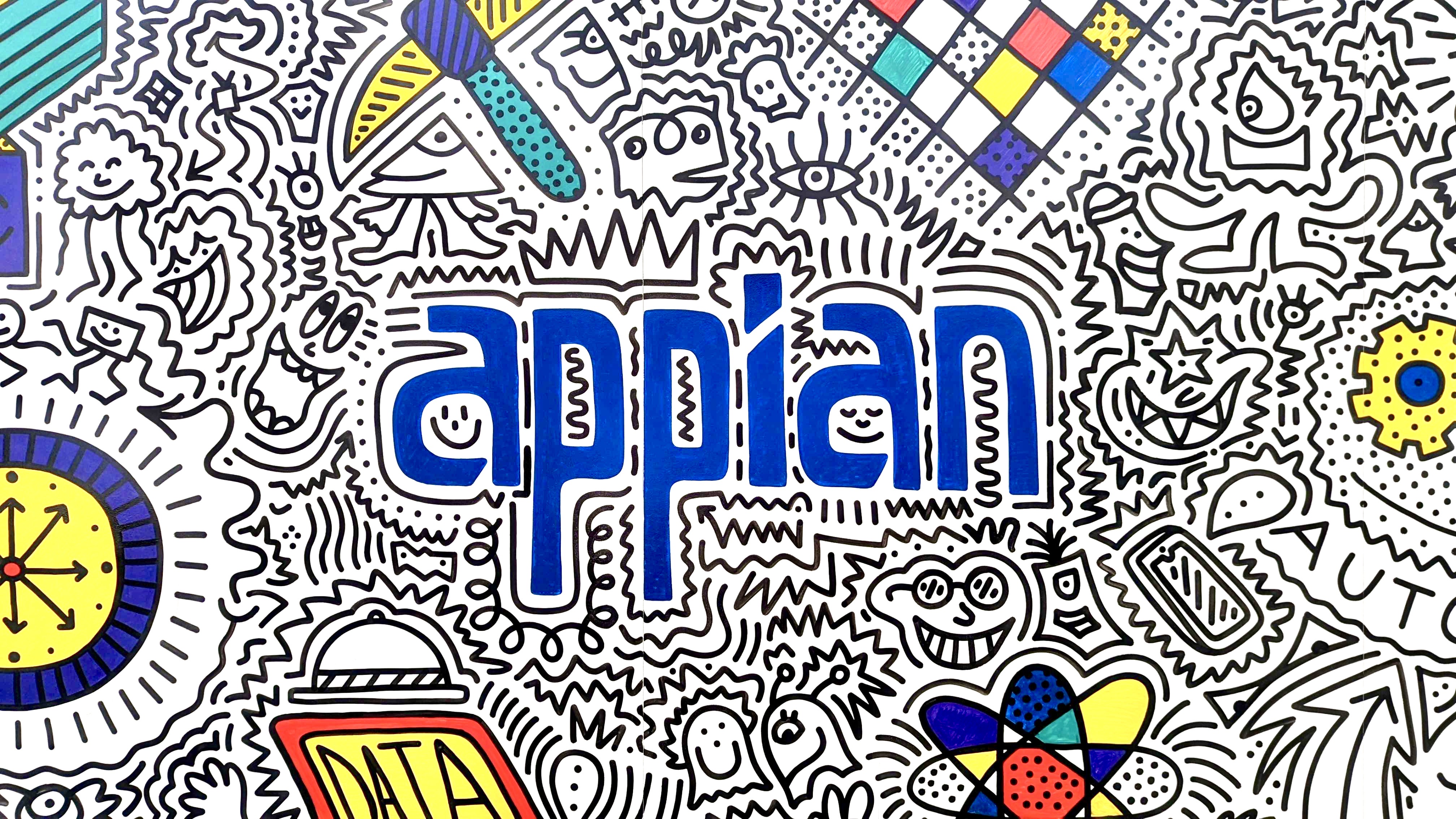 Appian wants to be the AI company for AI skeptics
Appian wants to be the AI company for AI skepticsAnalysis The firm outlines its AI strategy at Appian World 2023 while using ChatGPT and Midjourney to create scripts and imagery for keynote presentations
By Rory Bathgate
-
 Workday hit with claims its AI hiring systems are discriminatory
Workday hit with claims its AI hiring systems are discriminatoryNews An African American plaintiff has alleged that Workday's systems prevented him from being hired on the basis of his race, age, and mental health
By Rory Bathgate
-
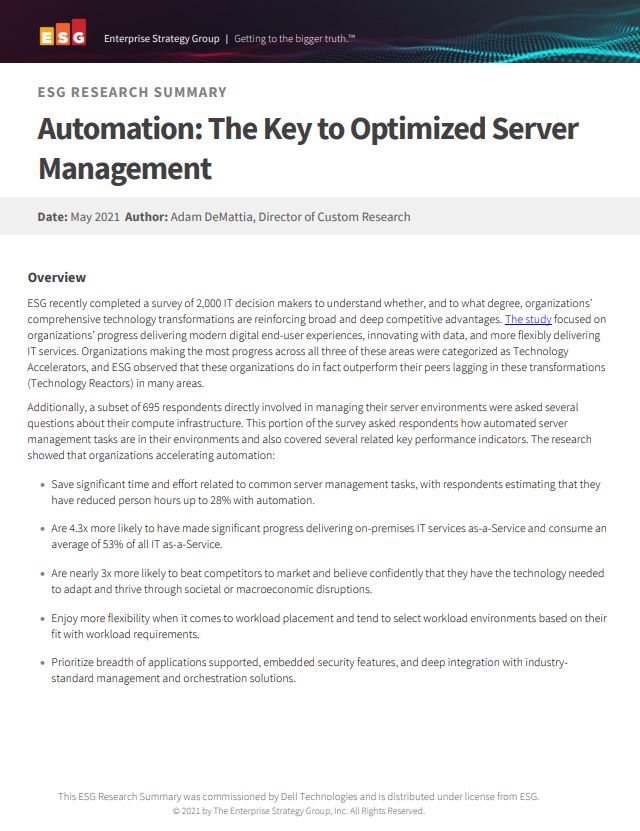 Automation: The key to optimised server management
Automation: The key to optimised server managementWhitepaper Deliver modern digital end-user experiences, innovate with data, and more flexibly deliver IT services
By ITPro
-
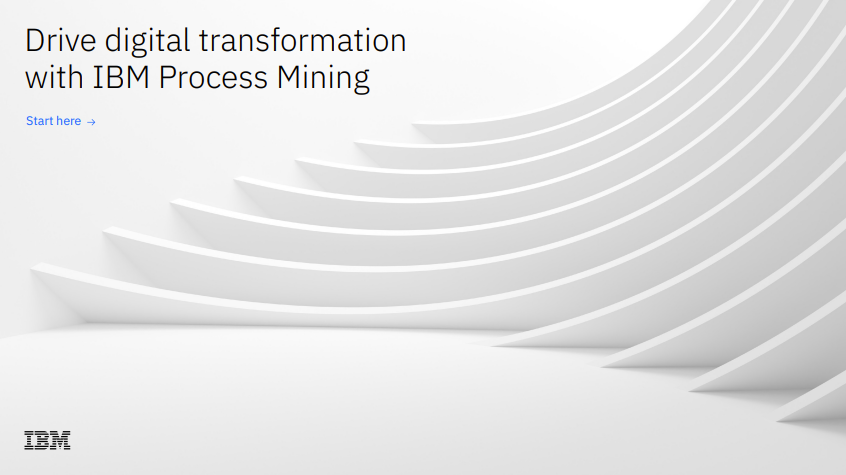 Drive digital transformation with IBM process mining
Drive digital transformation with IBM process miningWhitepaper A process discovery, analysis and monitoring technique to help businesses succeed throughout the entire DX journey
By ITPro
-
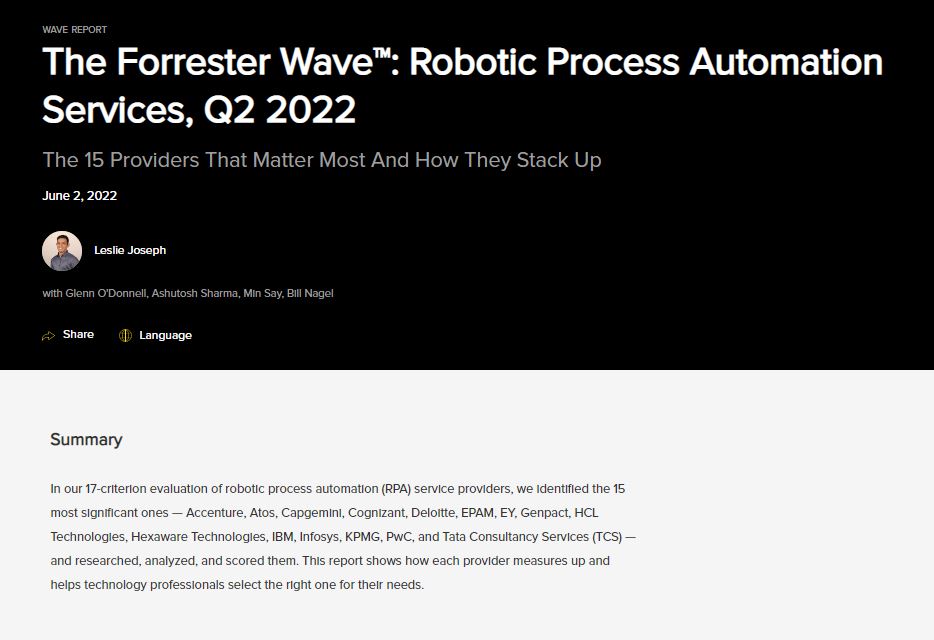 The Forrester Wave™: Robotic Process Automation Services
The Forrester Wave™: Robotic Process Automation ServicesWhitepaper The 15 providers that matter most and how they stack up
By ITPro
-
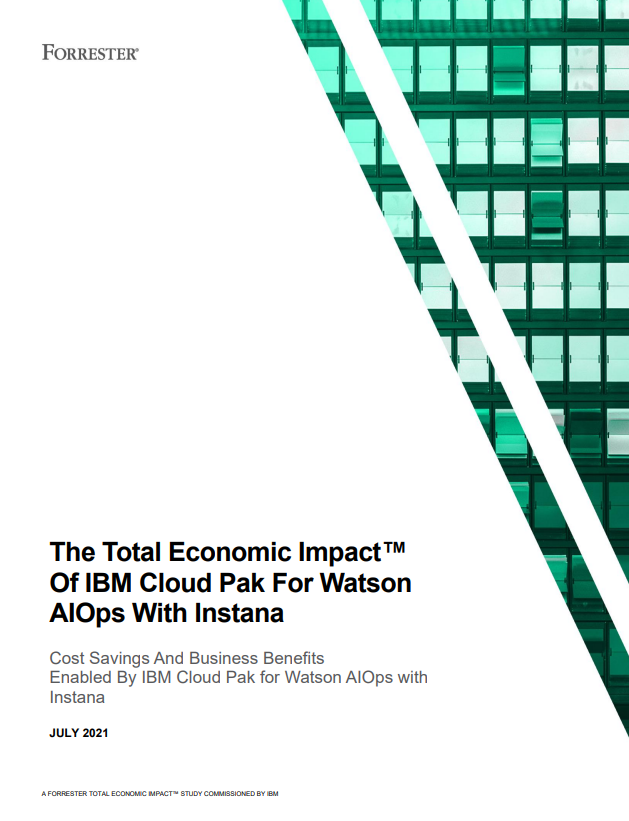 The Total Economic Impact™ of IBM Cloud Pak® for Watson AIOps with Instana
The Total Economic Impact™ of IBM Cloud Pak® for Watson AIOps with InstanaWhitepaper Cost savings and business benefits
By ITPro